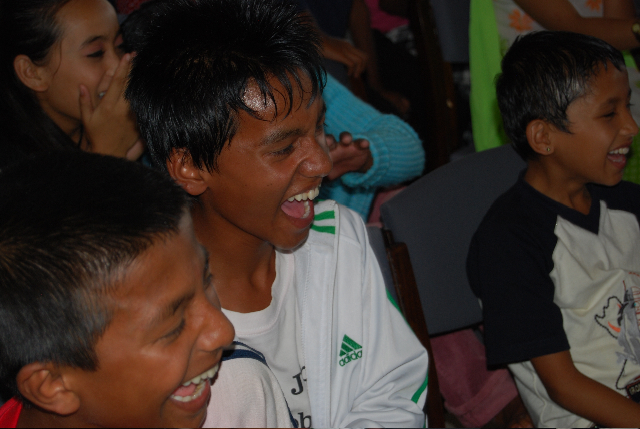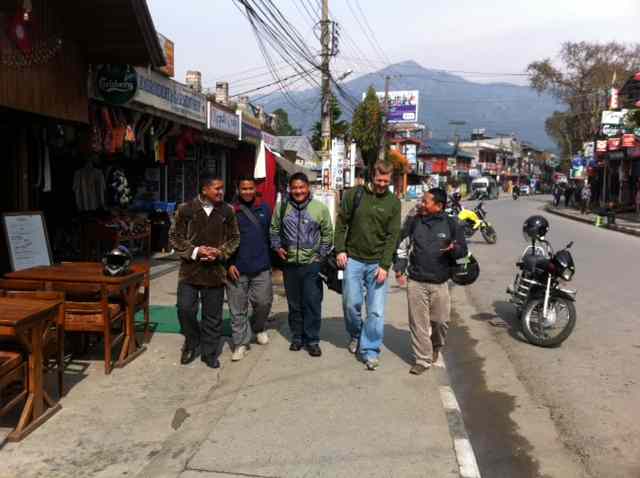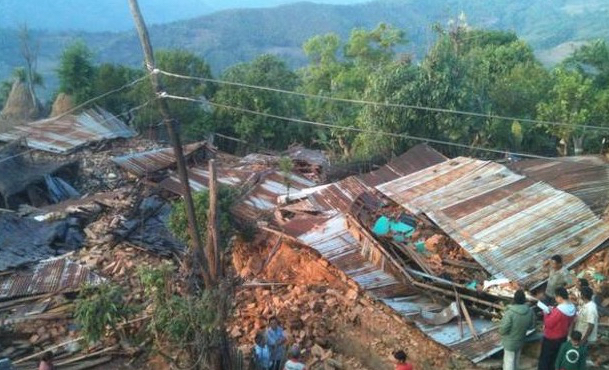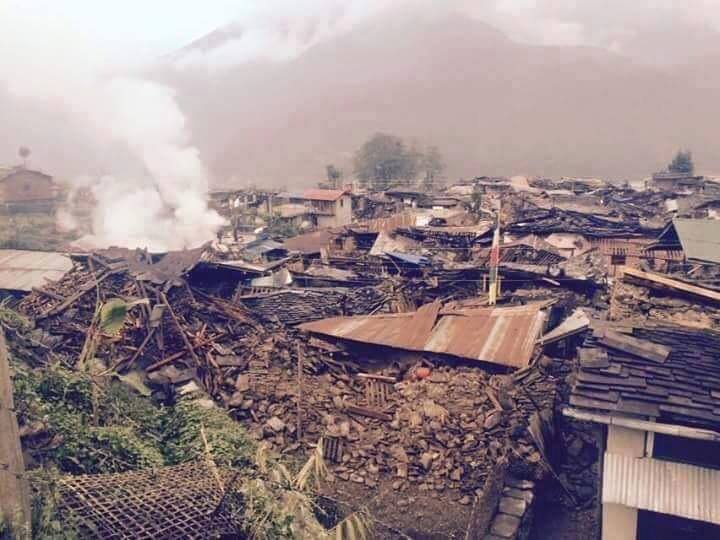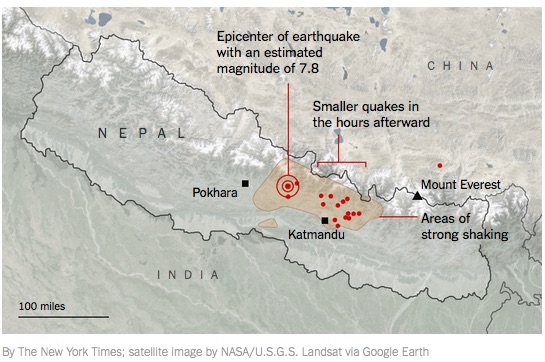Like the priests who took the first steps to lead Israel into the icy waters of the Jordan River (Joshua 3), young leaders today need to be apprenticed toward brave new leadership. When you take into account the huge youth population bulges in many nations coupled with geopolitical instability likely for decades to come, vanguard student ministry organizations and churches committed to introducing more kids to Jesus must start thinking more about strategic sustainability. Strategic sustainability implies health and growth even in the midst of unpredictability. To achieve this you must have a principle-driven leadership training framework.
At the center of any strategy  to influence wide swaths of young people of any nation is to identify, train, and empower younger leaders. In this post I’m not writing to just any leader, I’m addressing those young leaders, organizations, and churches out there who dream about changing the next generation with the Gospel. As I look at young leaders in the Bible who stand out as models for us to follow today, Daniel rises to the top.
to influence wide swaths of young people of any nation is to identify, train, and empower younger leaders. In this post I’m not writing to just any leader, I’m addressing those young leaders, organizations, and churches out there who dream about changing the next generation with the Gospel. As I look at young leaders in the Bible who stand out as models for us to follow today, Daniel rises to the top.
LEADERSHIP TRAINING MUST ADAPT, RE-EDUCATE, AND RE-TRAIN
Daniel provides a clear pathway for leaders to expand their influence more broadly. We can’t rely on cultural norms to provide an incubator for basic leadership understanding anymore. Churches and mission organizations must pioneer the way and in many ways re-educate and re-train their younger leaders who want to serve. We can’t make assumptions anymore. We must have much more than mere skills training. Instead, leadership training must involve a combination of education+training+apprenticeship. That will be the foundation of strategic sustainability for student ministry organizations in a world of fracturing cultural norms.
Daniel had four remarkable qualities that broadened his leadership: COMPREHENSIVE KNOWLEDGE, CHARACTER, COMPETENCE, and an ability to CONNECT people to God by using his spiritual gifts. These four qualities are the mark of catalytic leaders. Now lets look at each of them in context…



